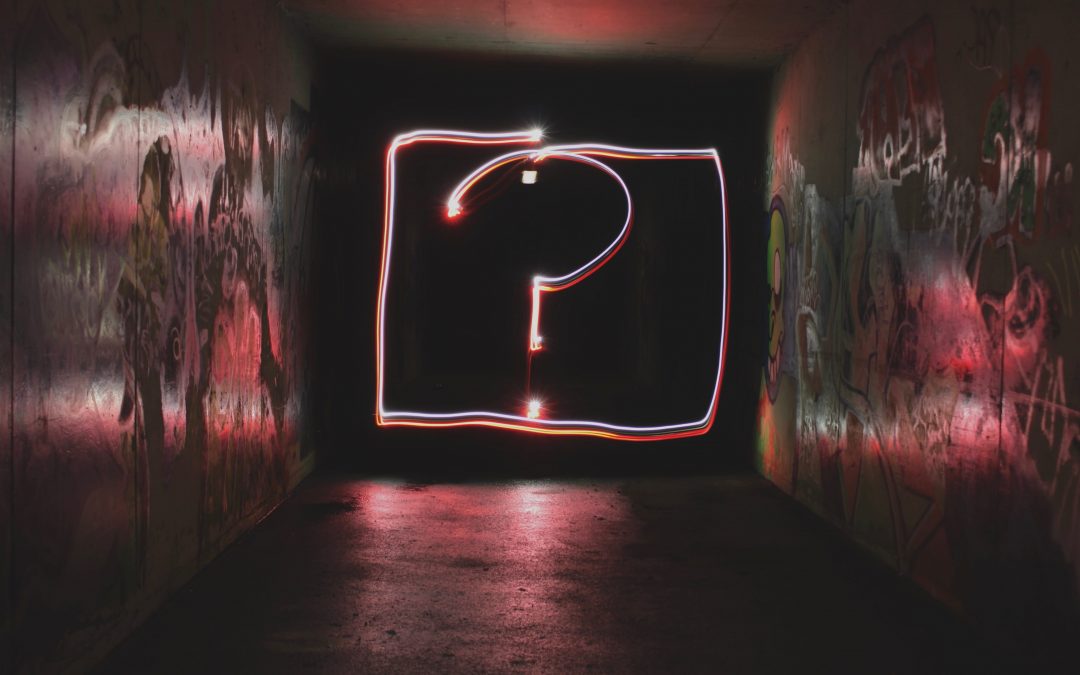Does My Partner Have a Drinking Problem?
Most people have a friend or family member who likes a drink or two (or three) – perhaps they sometimes even get into trouble because of their alcohol-related behaviour. But what do you do when you start to observe that person drinking to excess more and more frequently? And what do you do if it is your partner who you are concerned about? Alcohol is a big part of our culture and because of this, it can be difficult to identify when someone’s drinking has become a problem. Here are some signs your spouse’s overindulgence may have become a bigger issue.
12 signs your loved one may have a drinking problem
1. Does your partner drink noticeably more than they used to?
Perhaps they’re drinking earlier in the day, drinking to the point of drunkenness more often. Perhaps they are organising more outings around drinking. They may avoid non-alcohol related activities or cancel plans to accommodate their drinking.
2. Is your partner drinking to feel happy?
Relying on a six pack to feel good about life appears to be their primary coping strategy.
3. Does your partner lie about when they are drinking, how much they’re drinking or maybe even hide alcohol?
People who see themselves as having a ‘normal’ relationship with alcohol don’t generally need to disguise their drinking or hide the evidence.
4. Does your partner seem to have a very high tolerance for alcohol?
Sometimes people can consume a large amount of alcohol and still seem relatively normal. This may indicate their body is developing a tolerance to alcohol due to regular excessive drinking and is a warning sign that they may have a problematic relationship with alcohol.
5. Does your partner have noticeable mood swings related to drinking patterns?
Being a depressant, alcohol can severely affect a person’s physical and mental health. Alcohol heightens a person’s perception of threat. Increasing the probability of anger, depression or rage. Alcohol is often found to be a contributing factor in situations that become violent. It can also cause temporary blackouts or short-term memory loss.
6. Does your partner have problems at work due to alcohol?
Excessive alcohol use can cause people to turn up late for work, take days off, or have poor performance due to the previous night’s drinking. In some cases, this can result in demotion or even unemployment.
7. Does your partner have legal woes due to alcohol?
Driving under the influence, assault, domestic violence or theft – anything that impacts and threatens a person’s freedom are all signs that drinking has become a problem.
8. Is your partner’s alcohol use causing problems at home?
Sometimes people put drinking before other responsibilities. Excessive drinking can make it hard to cope with tasks at home, like caring for children, paying bills, or domestic maintenance. It is hard to cope with day to day tasks when life revolves around drinking and recovering from drinking.
9. Is your partner becoming isolated from friends or extended family members?
Sometimes the guilt or embarrassment of their alcohol use causes drinkers to withdraw from people they care about. Sometimes the drinking causes them to behave inappropriately at social gatherings. Sometimes the drinking results in aggressive behaviour. You may have noticed them becoming increasingly socially isolated.
10. Does your partner regularly pledge to cut back or quit alcohol?
Drinkers often feel remorseful about their alcohol use. They promise to quit and may even do so but the resolve doesn’t last and they can’t maintain sobriety for long.
11. Is your partner unable to stop drinking for any period of time?
Despite the best intentions and a genuine desire, sometimes people are simply unable to stop the drinking. You may even notice withdrawal symptoms such as headaches, nausea, anxiety or irritability.
12. Does your partner become defensive when alcohol is mentioned or make excuses?
It is hard to admit to others (or yourself) that you have a problem. This may cause your partner to lie about or deny the extent of their drinking. Unfortunately, progress can only be made if your partner acknowledges their problem.
Your Coping Strategies
If you your partner has a problem with drinking, you may notice that you:
• Blame yourself for the problem
• Take their drinking (and the consequences of their behaviour) personally
• Attempt to cure the problem
• Cover up problems
• Accept inappropriate behaviour
• Enable your partner by trying to help or protect them Remember, people with happy, healthy lives can fall into the trap of addiction.
If you suspect your partner has a problem, you may benefit from professional help. Please contact us at info@wellbeingtherapyspace.com.au
Author: Claire Mansveld from Hey Zeus! Creative and edited by Rebecca Dallard Photo: Emily Morter sourced via Unsplash

